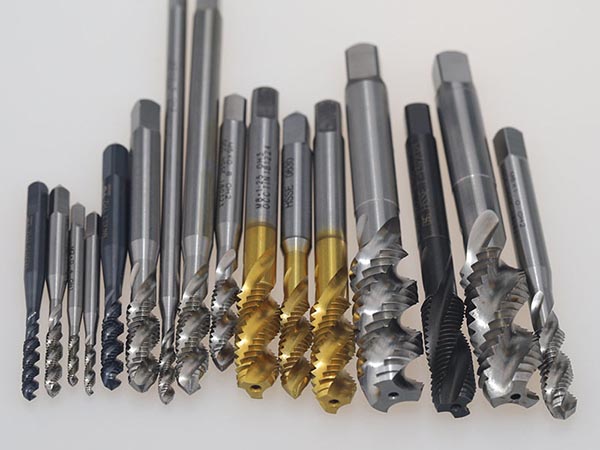
Cost-Saving Secrets for Small Workshops: 5 Practical Drill Bits That Work with Any Machine
After visiting over a hundred small machining workshops across the Yangtze River Delta, one harsh reality became clear: 60% of these shops are still using the wrong drill bits. Pairing outdated machines with mismatched tools is like putting a tractor on the highway—wasteful and damaging. Some owners try to save a mere 5 yuan by buying subpar drills, only to end up with a spike in scrap rates. Others choose the wrong drill angles, cracking the spindles of bench drills. The most painful part? Most of these failures could’ve been avoided with smarter tool selection.
Based on five years of tooling failure analysis, this guide presents five rugged, machine-friendly drill bits perfectly suited for small-shop realities—helping you break the vicious cycle of “the more you save, the more you lose.”

Buy color-ring-coded models (each ring matches a material type) so workers grab the right drill at a glance.
Mr. Wang from Wenzhou saved ¥800/month in labor costs by eliminating the chamfering step for e-scooter bracket holes.
Reduce spindle speed by 30%, and use canola oil as a low-cost alternative to cutting fluid.
Hinge mounting, counterbores in mechanical casings, locating holes in plastic parts
Go with solid carbide for diameters ≤φ6mm, and brazed carbide for larger sizes to cut costs.
From decoding HSS-E markings to identifying real tungsten carbide by its sparks, every detail in drill bit choice hides a chance to save real money. In today’s fragmented order landscape, general-purpose drills must endure fluctuating materials and unstable equipment.
Remember: a good drill bit isn’t about price—it’s about fit. The bits that auto-correct misalignment, handle multiple operations, and absorb machine vibrations are what truly empower small shops to thrive amid uncertainty. Retain your margins by getting the most out of every single drill.

 We like to do design according to all the customers' requirements, or offer them our new designs. With strong OEM/ODM capabilities, we can fill your sourcing demands.
We like to do design according to all the customers' requirements, or offer them our new designs. With strong OEM/ODM capabilities, we can fill your sourcing demands.